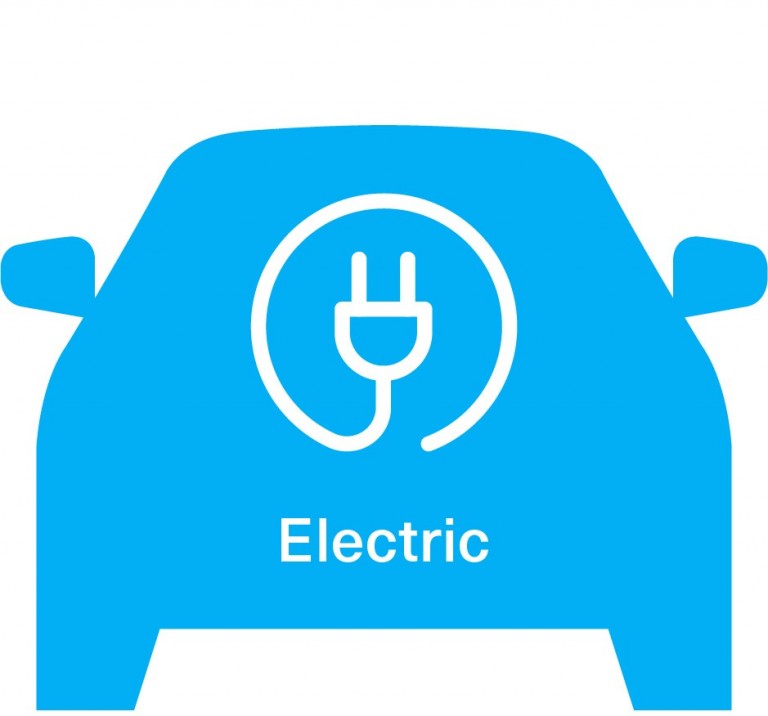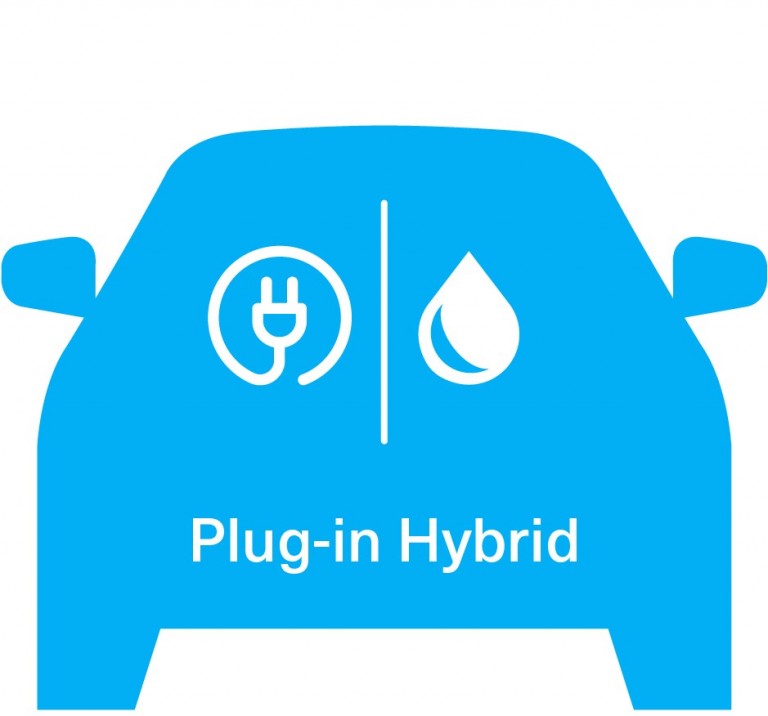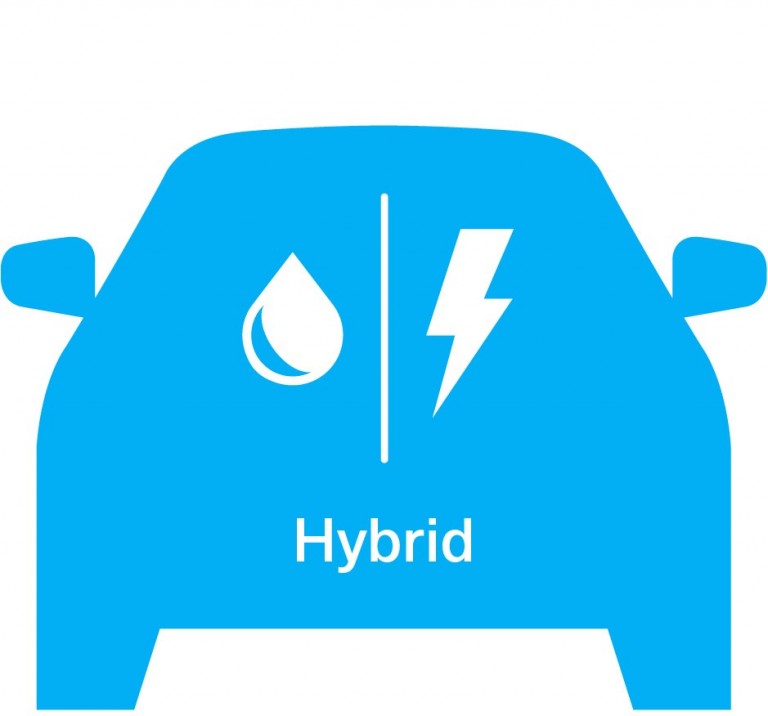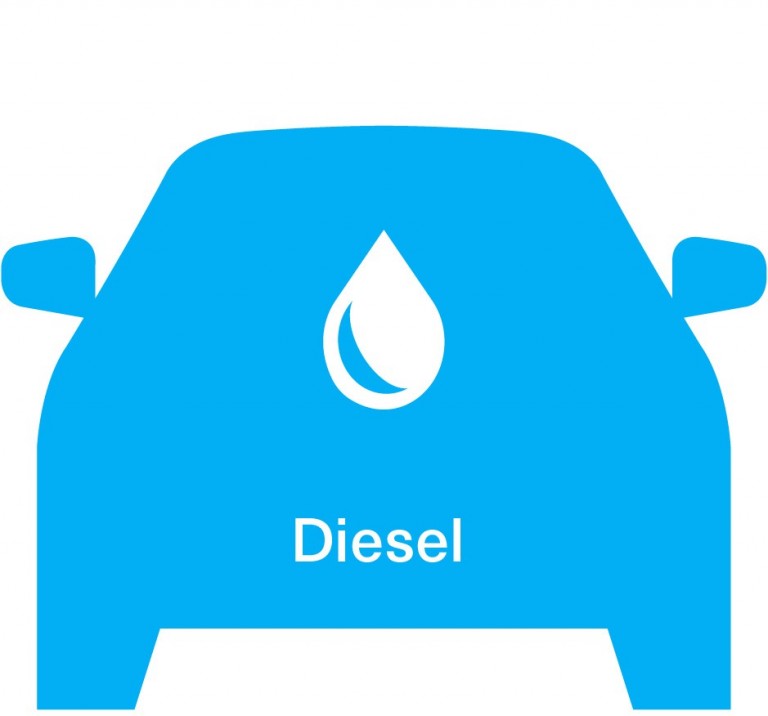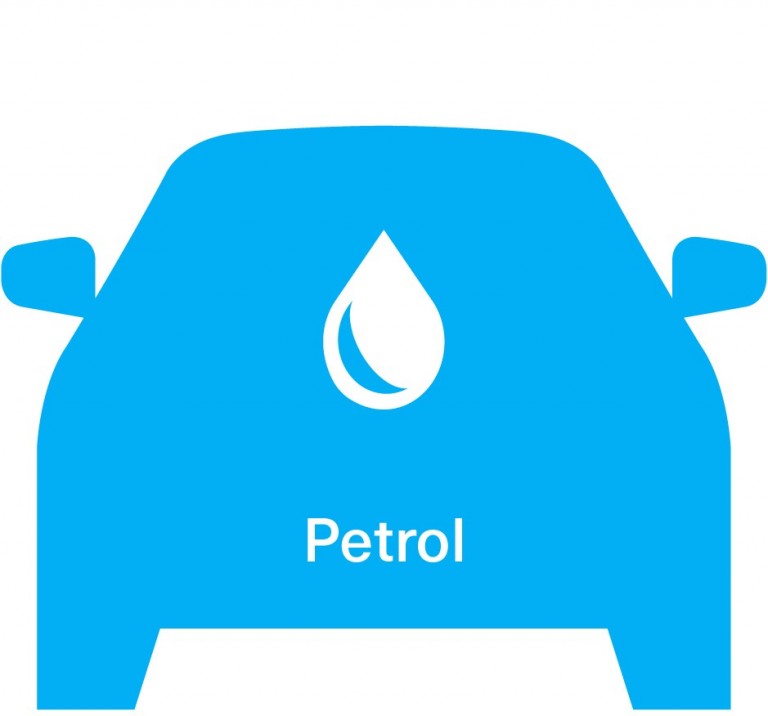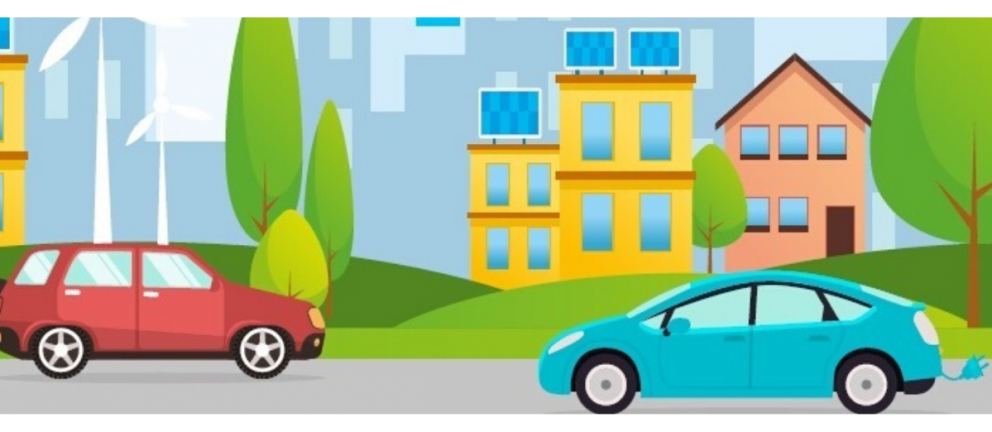At SIMI, we and our members are committed to helping consumers make an informed choice.
We understand that different drivers have different driving needs.
Our website will help you understand the different technologies available, so that you can choose a vehicle suited to your driving needs.
Technologies Available
Which type of technology is for you?
Purchasing a car is a big investment and before considering which car to purchase, you should ask yourself the following questions which will determine the type of car suitable for your driving needs
1. How many km/miles do you expect to travel in your new/used car per year?
The average mileage is considered to be around 17,000km for petrol vehicle and 24,000km for diesel vehicles per year. The type of mileage you do will influence the technology you choose.
2. What will you use your car for?
It is important to consider what other functions you require from your car apart from travel. You may require your car to carry out other tasks such as towing or off road driving. If its a family car then you need to ensure you have adequate space for a car seat or boot space etc.
3. How long do you expect to own it?
The length of time you hold on to your car will have an influence on the resale value of your car. While most cars hold their brand value, all vehicles will diminish in value over a period of time.
4. What features are important to me on the car?
New cars have newer technologies, and enhanced safety features. Many younger cars come with features such as parking sensors, reversing cameras, heated seats, sat navs, air conditioning, bluetooth, and cruise control to name just a few. The majority of newer cars are listed in the A and B category for CO2 levels meaning their road tax is greatly reduced, and they are more environmentally friendly and economical to drive in comparison to older models. Buying a car is the second biggest investment you will make in your lifetime, so it’s important that you are well informed and happy with your end choice. Make a list of features that you feel are important to you in a car.
5. Have you got a car to trade-in and what is the value of that car?
When you go to change your car, what is important to understand is the cost to change. This is the difference between the value of your trade in against the cost of the new/newer car you are going to purchase. The cost to change will depend on how much the retailer is prepared to offer you for your trade in and factors such as age, vehicle condition, mileage and service history are all taken into account.
If you do not have a trade in and are a cash buyer, the customer is generally in a better position to negotiate on the vehicle price as they are not constricted by the trade in value.
6. When is a good time to make your decision?
In Ireland the new car market has two big sales periods January and July as we have a dual registration plate. Manufacturers will pre-advertise their new car offers, a few months in advance of the new registration plate. Do your research, read the motoring journalist reviews and manufacture sites to learn about the latest models coming to the market.
7. How much can you afford to spend/borrow? And what additional costs do I need to consider?
The type of car you purchase will be determined by your budget, your lifestyle choices and personal preference. There are many ways to finance a car and you need to understand how much you can afford to spend/borrow. If you are borrowing, you will have monthly repayments so how much can you afford to repay on a monthly basis. The Competition and Consumer Protection Commission have advice available on car finance.
Currently the Government have grants and incentives in place for the purchase of new battery electric vehicles see grants available.
There are also other expenses to take into account when owning a car such as insurance, motor tax, servicing and the running costs of the car such as fuel.
8. Are you considering a new or used car?
What ever car you decide to purchase it is important that you buy from a reliable source.
Generally the transactions of buying a new or used car is a straight forward one between a seller and a customer, however it’s the process before the purchase that requires some work. Consumers should always do their research in advance of purchasing a car which is a big investment. There are benefits in buying locally from an SIMI retailer. Your local SIMI retailer will have done the checks on the car for you in advance, and will stand over what they sell, and in the event of any potential issues arising after you buy, these can be resolved locally, to obtain a satisfactory solution.
Try to find out as much as you can about the car through a History Check provider and try to find out as much as you can about the reputation and reliability of the garage selling the car. Buying a car from a dealer means as a consumer you will be covered by consumer protection laws while if you buy privately you are not buying from a business and are therefore not afforded the same protection i.e. in the event of something going wrong you will have no comeback so it is a case of ‘buyer beware’. If purchasing a second-hand car it is strongly advised that you get a mechanic, an auto engineer or a person with some mechanical background to inspect the car, as they will give their independent expert advice.
All our SIMI members will be more than happy to speak with potential car buyers to discuss the range of cars and types of packages they have available in their new and used car stocks. When you find the car you are looking for, you should ask the dealer for the service history of the vehicle if it’s a used car and determine the type of warranty which is available with the car. The length of warranty, on a new vehicle is generally determined by the manufacturer, while a used car can be negotiated at the time of the sale. Buying a new or second-hand car is an exciting experience for car buyers and if you do your research prior to purchase you can make it a smooth process where you will have confidence that you have made the right decision for you.
9. What type of technology is best for you, Electric, Hybrid, Plug-In Hybrid, Petrol or Diesel?
As outlined above, please see the different technologies.
10. Fuel/Charging
- Petrol and Diesel vehicles can be filled at fuel stations.
- Most hybrid vehicles are charged automatically without any intervention by the driver and filled at a fuel station. Regenerative braking uses energy wasted during braking or coasting to recharge the battery.
- A Plug-in Hybrid Electric Vehicle (PHEV) is charged the same way as a Battery Electric Vehicle (BEV).
A charging cable for standard charging is supplied with and stored in the vehicle. It is plugged into an electric plug to top up the battery: this can be done either at an EV charging point for faster charging or a domestic three-point. - To locate public charging stations for topping up while out and about, visit the ESB interactive map to find the nearest ESB charge point.
(ESB owns, operates, and maintains approximately 1,600 public charge points across Ireland).
How to Drive Greener
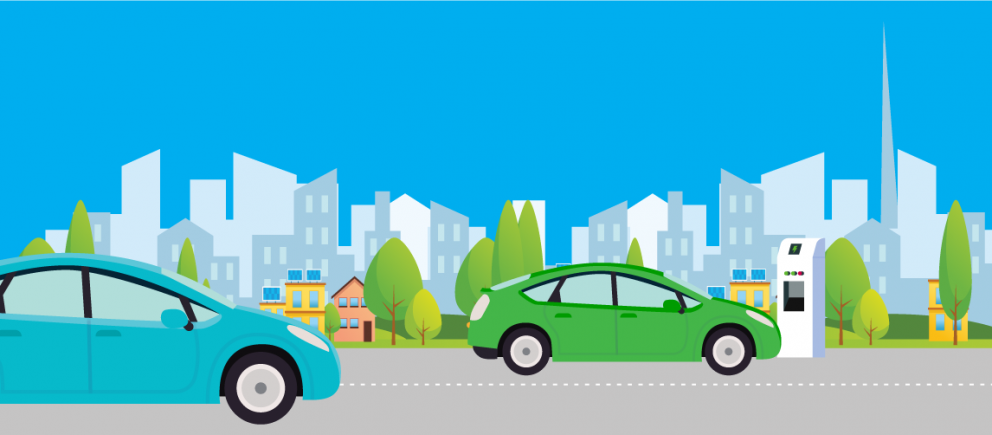
We all have a part to play in helping our environment
Learn about the different technologies
How the Motor Industry is helping to reduce emissions
The European Motor Industry has signed up to, the ambitious targets within the Paris Climate Change Agreement and the European Green Deal. The transition to zero-emissions transport must be ambitious and the Industry is committed to achieving these objectives and reducing emissions. The industry is already making significant investments in reducing emissions from traditional Internal Combustion Engine (ICE) vehicles and increasing the suite of Zero Emission Vehicles (ZEVs) available for sale in Ireland. The quickest way for Ireland to reach our commitments is through the replacement of the national fleet.
Did You Know?
45,000 People
Working in the Irish Motor Industry


The Motor Industry is fully supportive of a transition towards zero emissions, as the suppliers of cleaner technology, we are part of the solution and will work with all the relevant stakeholders.

Motor Industry contributed
€5.5 Billion in Motor related
Taxes to the Exchequer
